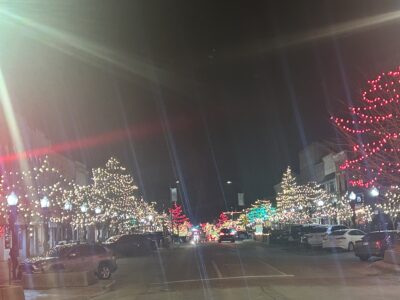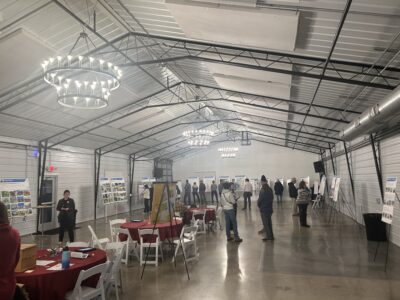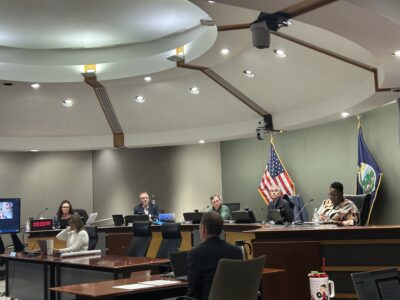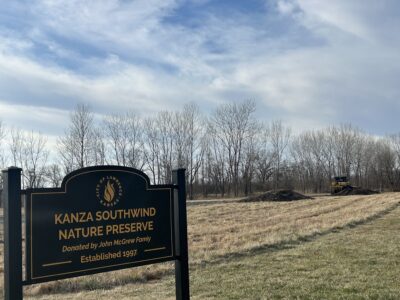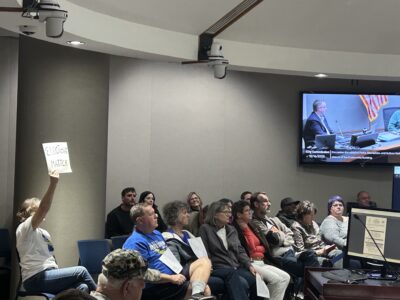More than 700 scholars coming to KU for conference on literature, environment
For what may be the biggest academic conference ever held at Kansas University, hundreds of scholars from around the world will flock to Lawrence this week to examine where the humanities and nature intersect.
About 700 faculty members and students are expected for the 10th biennial (that’s every two years) conference of the Association for the Study of Literature and the Environment. It will run from Tuesday through Saturday in the Kansas Union and other campus buildings.
Though it’s a difficult thing to confirm, that could be the biggest conference ever held at KU, said Paul Outka, an associate professor of English and the current president of the ASLE.
“No one has heard of a bigger one,” Outka said.
The association was founded about 20 years ago, and it originally focused largely on North American wilderness literature in the tradition of Henry David Thoreau and John Muir. But in recent years, Outka said, it has grown to include scholars and thinkers from around the world who focus on the big ideas surrounding modern environmental issues.
That means questions about what’s worth protecting, how different parts of the world’s environment interact or even what we mean when we talk about “nature,” he said.
“What do we mean? Do we mean the top of the mountain where nobody is?” Outka said. “Do we mean a neighborhood in the city that’s facing lead pollution or diesel particulate pollution?”
The topic of the environment has become more popular among writers and humanists in recent years as things like global warming have grabbed headlines, he said, but environmental humanities have long been a strength at KU. That’s partly why he chose to work there, said Outka, whose works have included a book about the lack of racial diversity in the environmental movement.
Three of the conference’s 10 main speakers have KU or Lawrence ties: Donald Worster, a recently retired distinguished professor of history at KU who specialized in environmental history; Daniel Wildcat, a professor at Haskell Indian Nations University and co-director of Haskell’s Environmental Research Studies Center; and Wes Jackson, president of The Land Institute, fresh off his featured address at KU’s commencement ceremony this month as a recipient of an honorary doctorate.
Other presenters come from disciplines ranging from law to history to Spanish. Presentation titles set for the more than 180 scheduled panels include “If Henry David Thoreau had a Reality TV Show,” “The Social Life of Plants” and “‘I Was Told There’d be Canyons’: Poems of the Tourist Southwest,” among many more.
KU officials have organized the conference in about 11 months, Outka said, when an endeavor this size might normally take about two years’ worth of planning. It was originally set to be held at the University of North Texas before construction forced a change.
Another faculty member — Byron Caminero-Santangelo, an associate professor of English — has done much of the legwork as the conference site host, and a number of campus offices have contributed help.
Scholars will be coming from as far as China, Africa, Europe and Latin America to the conference, and if they don’t already know that environmental humanities are a focus at KU, they will when they leave, Outka said.
“It brings scholars from all over the world to Lawrence and puts them in dialogue with this place and the people here,” he said.


